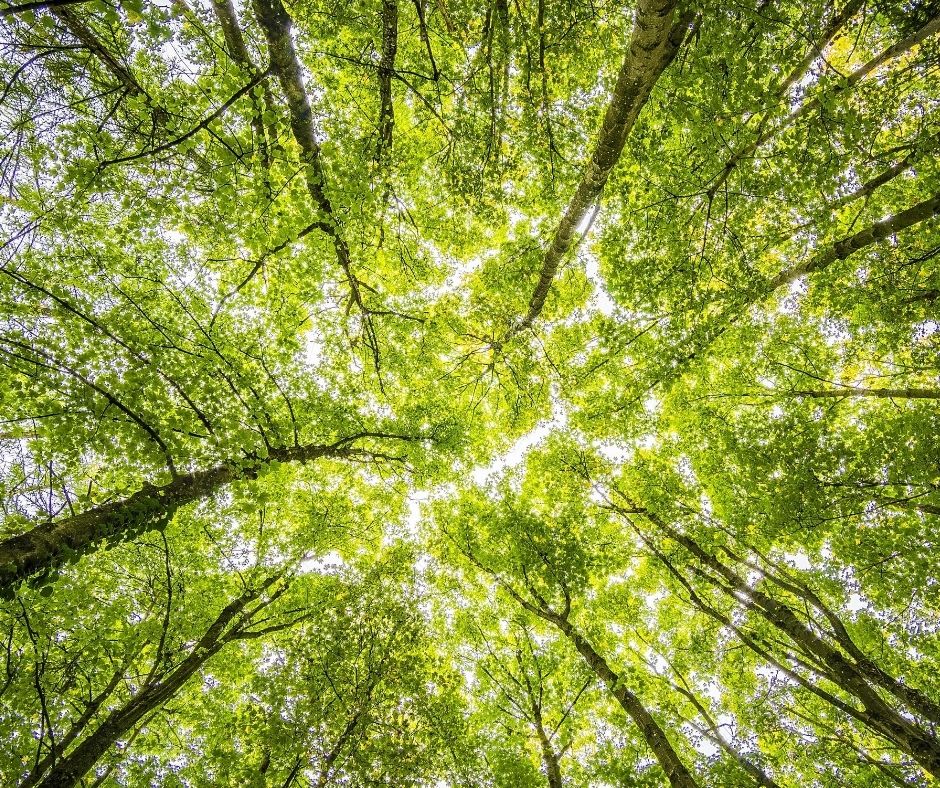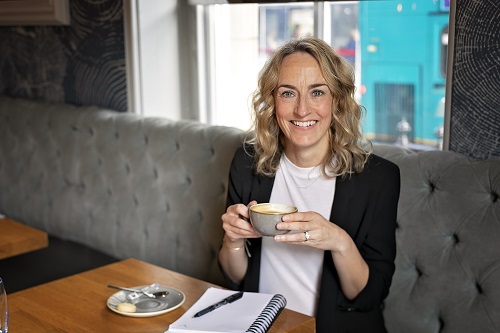
Whenever you make a purchase, it’s packaging might be one of the first things that crosses your mind, but maybe not for the right reasons. Often, it is aesthetically pleasing as well as providing protection and security, but whether it’s food or encasing a product, at what point do you think about exactly how you will dispose of this unwanted packaging and where it goes?
In today’s society, most of us will have the ability to recycle certain waste products in our household bins as well as at community bins. Although most of us probably think we have the art of recycling mastered, there is still more that can be done when it comes to how we consume and dispose of plastic waste.
Plastic Free July
All forms of plastic such as carrier bags, bottles and other household items have a detrimental effect on the environment, particularly for wildlife if not disposed of correctly. In light of Plastic Free July, we aim to share some insight into the true reality of plastic on our planet, along with some tips to help you to become more mindful of the future choices you make.
Carrier Bags
The reduction in carrier bag usage has been an ongoing issue for many years, with the government placing charges on single use bags in shops coming into play in 2015. The idea was to encourage a greater adoption of reusable bags and the more sturdy plastic ‘bags for life’.
Looking back to figures noted in a 2018 study by Cefas, a total of 9 billion plastic bags had been removed from circulation as a result of this initiative. This not only had an impact on land waste, but led to an estimated 50% reduction in plastic bag marine litter too.
Straws
A staple for many households, the fundamental desire to drink through a straw has come from a preference and not a necessity. It is a simple element that could be removed completely or where it is still needed, a more sustainable alternative sourced.
There is growing pressure on manufacturers to ensure that they make appropriate provisions for the recycling or disposal of the products they produce, but the most impactful change takes place when consumer usage is addressed directly.
Paper straws have now been adopted in larger food chains such as McDonalds and many other hospitality and food establishments across the UK. And whilst there was some disdain expressed at the shorter usage life of paper straws than the traditional plastic ones, the benefits to the environment have appeared to outweigh the lifestyle preferences of the vast majority of those consuming products which require a straw.
Plastic Bottles
When looking at our most common purchases, a plastic bottle will feature countless times, and in a variety of forms. Whether it contains drinks or milk, condiments,shampoo or cleaning products, plastic bottles can be found all over the home.
Collectively these really do add up; it has been reported that around 7.7 billion plastic bottles are purchased throughout the UK in a year alone.
The efficiency of our domestic waste collection services means that our rubbish is quickly out of sight and out of mind, but the reality is that plastic will remain and not decompose for hundreds of years. This means that every piece of plastic which has ever been produced is still in existence on our planet somewhere!
Reducing our plastic waste is a big task, given that so many of the products we consume come in plastic bottles, leaving us little alternatives which are considered ‘convenient’.
However, steps are being taken to change our behaviours, such as encouraging the use of refill bottles. Local councils across the UK are starting to implement free drinking water and water fountains such as ReFill London are proving to be a significant step in the reduction to plastic waste.
Household Items
There are many items we purchase around our home that include plastic, but we don’t always notice them. A cotton wool bud for example, with a plastic centre isn’t disposed of currently, and a lot of the time is thrown in traditional rubbish or flushed down the toilet. Such items will not decompose and can cause havoc for wildlife.
When you look around your home you may quickly notice plenty of items that you aren’t entirely sure how to dispose of or recycle correctly. To help, many companies are now setting up their own forms of recycling, such as the baby food manufacturer Ella’s Kitchen, who has set up recycling points for their single use food pouches and snack packets, encouraging parents to keep hold of their waste and take them to special disposal points.
Many branded items such as hand soaps, a particularly prevalent purchase during the pandemic, now also offer refill cartons to help limit the use of bottles.
Take Action And Ownership
On reflection there are still many steps we can take to help reduce our consumption of plastic and improve our knowledge of the smarter recycling options that are available to us. If we all take action and ownership of our choices, we will continue to see big changes take place globally.
Through the uncertain times of Covid-19, one of the benefits we have seen is how quickly our overburdened planet recovered when we no longer took centre stage. We are all being encouraged to use this time as a pivotal point in our society’s evolution; meaning that we can be much more mindful about how we treat our planet, not just during Plastic Free July, but in the months, years and decades ahead.
Bio
Sonya Cragg is Head of Sales and Marketing at Countrystyle Recycling, a dynamic privately owned resource management & waste recycling business operating across Kent.
With an extensive fleet of over 120 vehicles ranging from Artics, RoRos, Dustcarts and Skip lorries; Countrystyle operates with a strong landfill avoidance ethos, with facilities equipped to handle various waste streams including but not limited to paper, plastic, cardboard, wood and handling general waste material to be processed into RDF. For more information visit www.countrystylerecycling.co.uk.









I love your ideas about zero waste and a plastic-free world, reduce, reuse, and recycling, or the three R’s you are truly an inspiration for the youth. I think, skip bins brisbane will do the best and flow these good three R’s and use such waste materials for recycling purposes and taking a part in the zero-waste initiative.